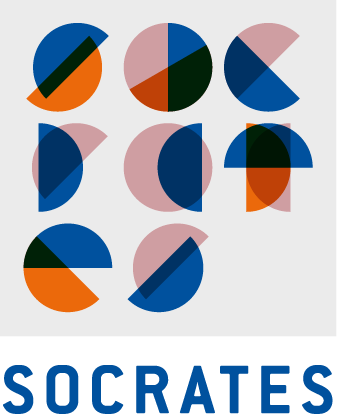Oral History as Legal Evidence and Conflicting Demands for Objectivity
Inkeri Koskinen (University of Helsinki)
In some countries, oral narratives can be used as evidence in courts. However, their evidential value is often contested, as they are easily dismissed as hearsay. In this paper I analyse two conflicting demands for objectivity in such situations. On the one hand, the demand to accept oral history as legal evidence is based on the idea that to be objective, one must avoid bias: courts must take into account all relevant evidence, not just the evidence favouring one side, and in oral legal systems the relevant evidence is oral. On the other hand, the demand to dismiss hearsay as legal evidence is also based on the idea that bias must be avoided: hearsay is taken to be easily biased. I will analyse these conflicting demands for objectivity in the light of an agentive account of objectivity that draws attention to the relatively short history of the contemporary notion of objectivity.


